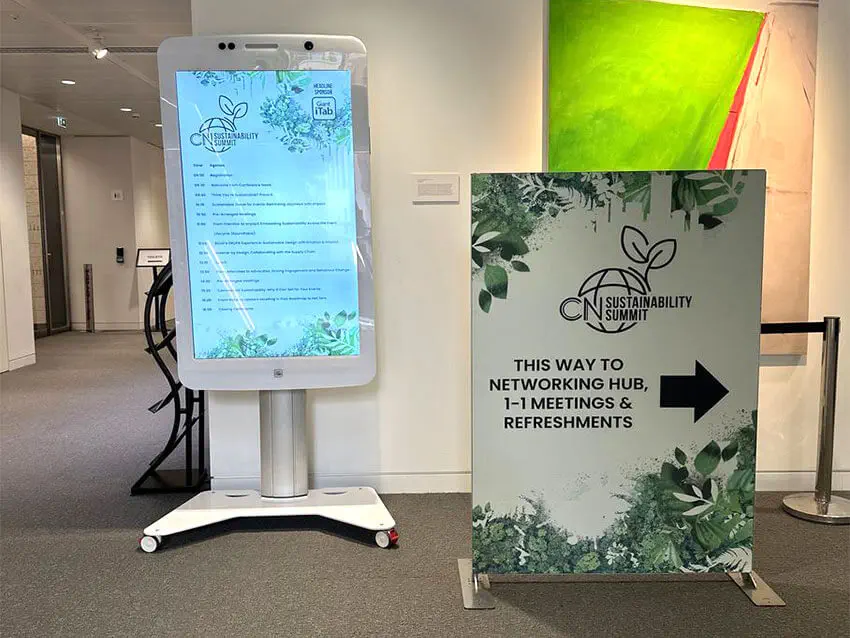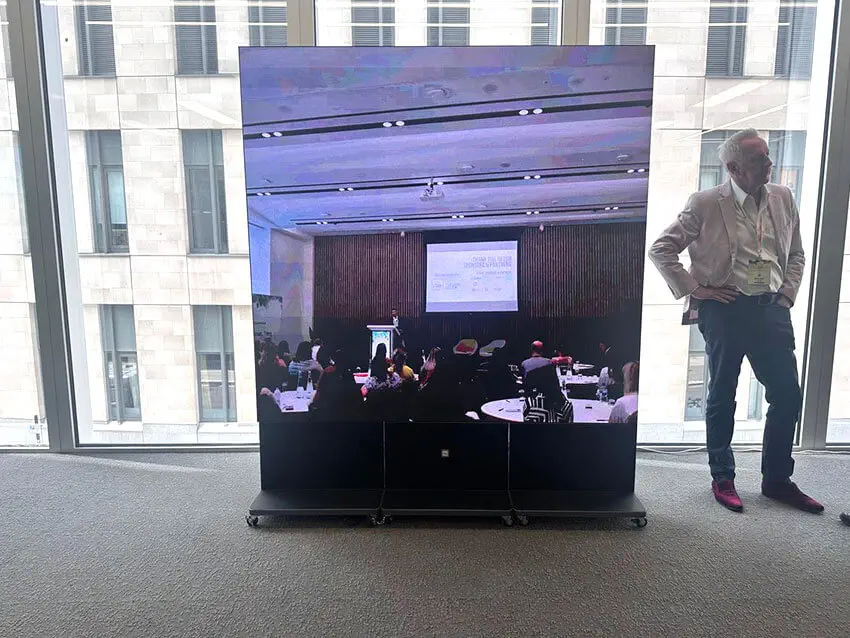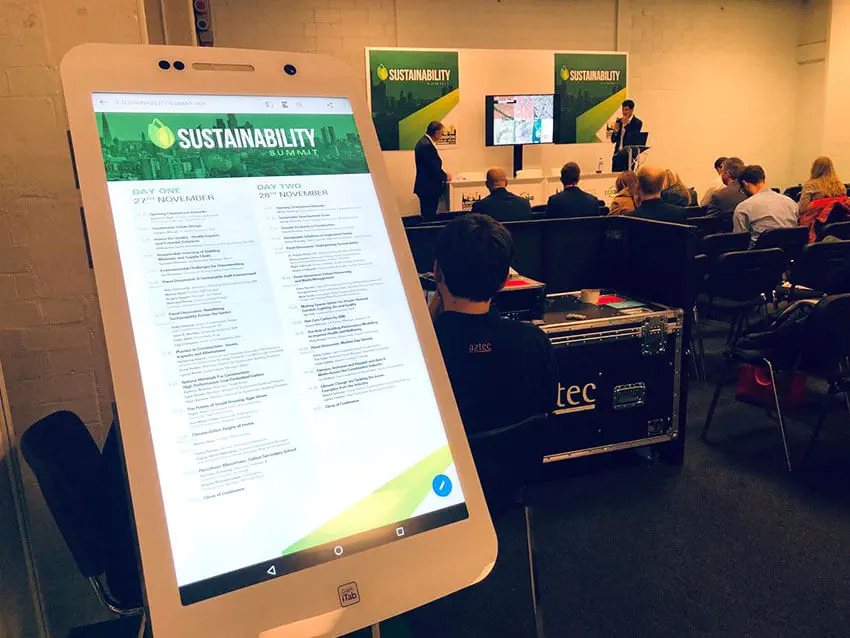The Urgency of Food Waste
One of the most telling shifts this year? Food waste stole the spotlight. What was once a footnote became the emotional and operational centre of the discussion. Accurate headcounts, proactive redistribution platforms like OLIO, and venue-supported logistics were all hot topics. And the tone changed. This wasn’t about abstract climate impact, it was about people. Feeding those in need instead of discarding quality meals lent a human dimension to the sustainability conversation that few other topics have managed.
It’s also a striking example of low-tech, high-impact sustainability. Reducing food waste doesn’t require revolutionary tech or major capital investment, just better planning, coordination, and partnerships.





















